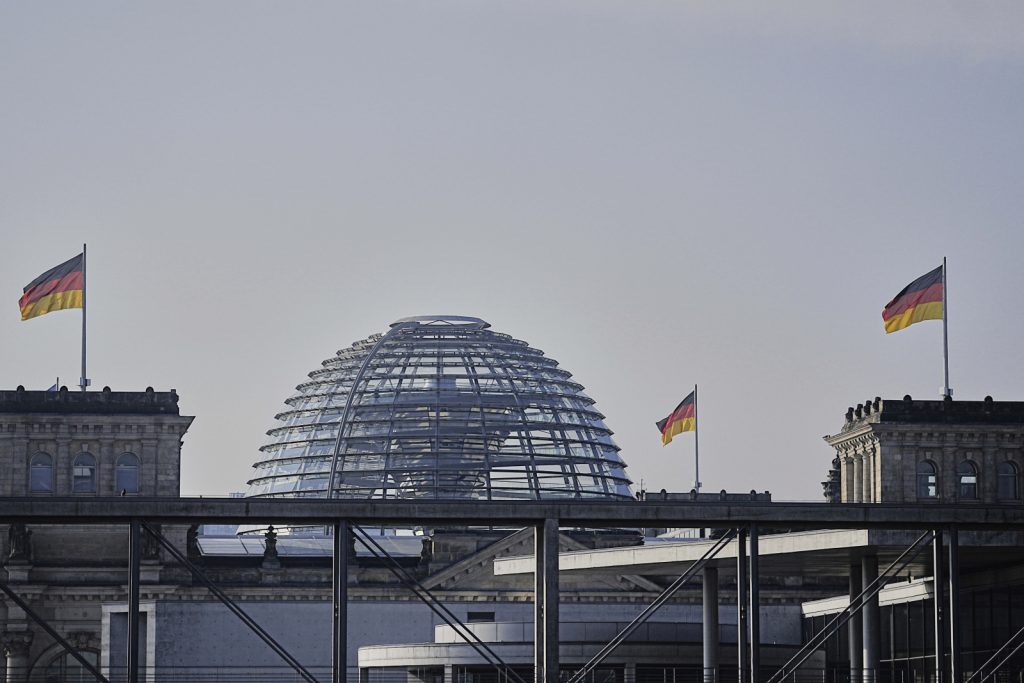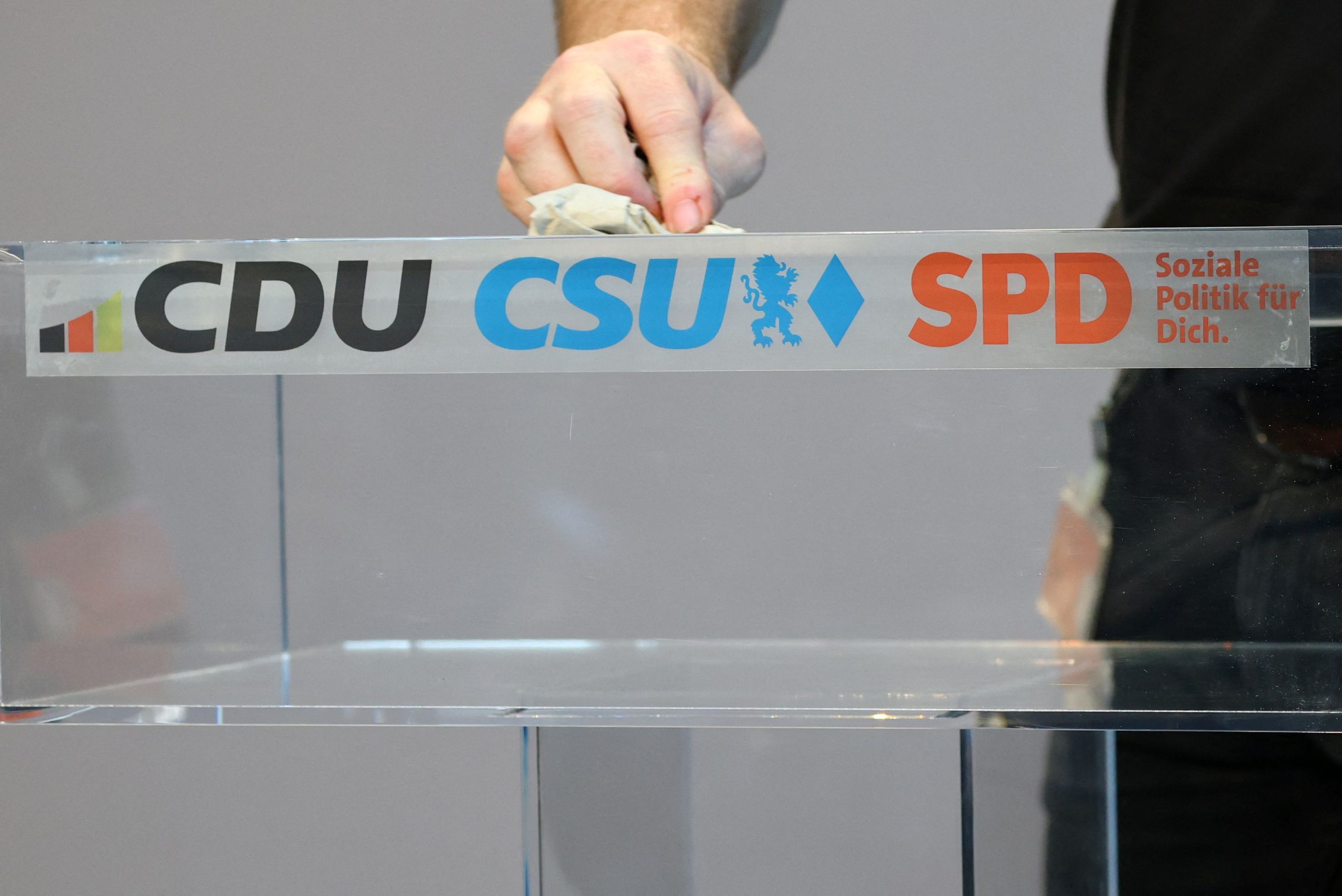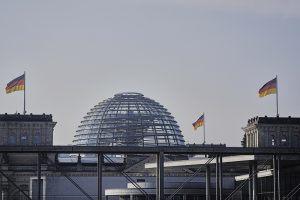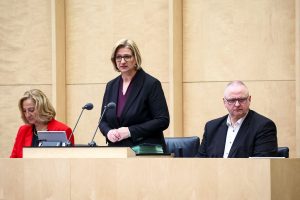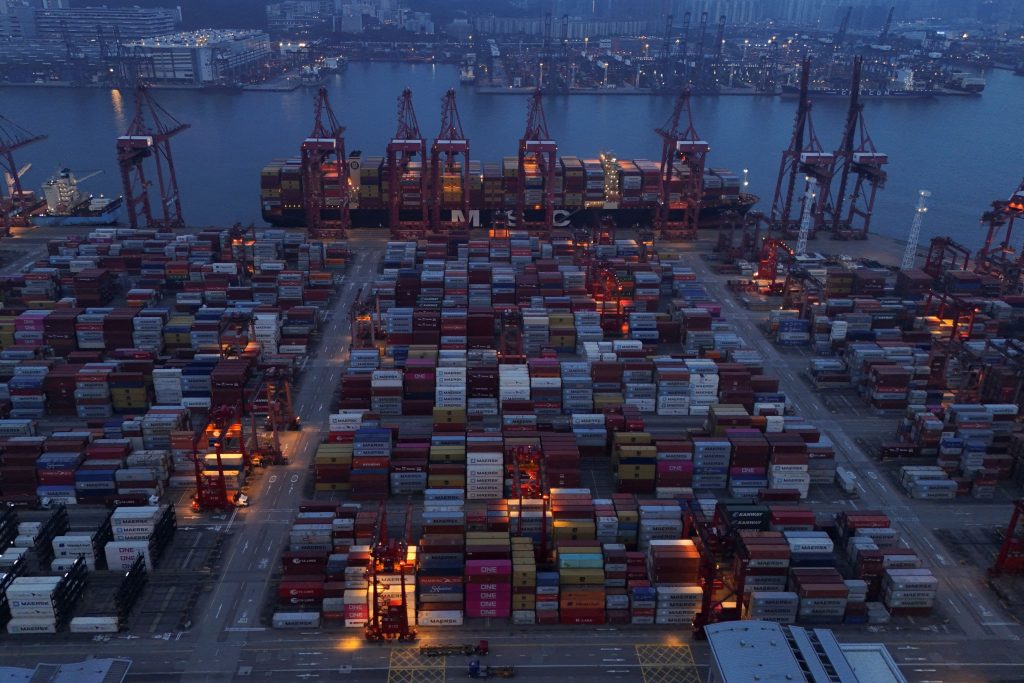After extended back-and-forth, Germany’s center-right CDU/CSU and center-left SPD have finally hammered out a coalition agreement. Friedrich Merz is likely to be the country’s next chancellor.
The agreement, which will be formally announced at a press conference Wednesday afternoon, follows February’s elections. The CDU/CSU came out on top, but didn’t win enough seats to govern alone, leading to these coalition talks with the SPD.
What you need to know:
- This coalition brings back together Germany’s two biggest traditional parties after the war, at a time when the far-right Alternative for Germany (AfD) has been gaining ground – coming second in the election.
- The new agreement builds on a key breakthrough before the election, where both parties agreed to loosen Germany’s strict “debt brake.” This opens the door for more spending on defense, plus a €500 billion package for infrastructure and climate initiatives.
- Friedrich Merz is expected to be elected chancellor around May 6, assuming his party approves.
Pressure on All Sides
This agreement arrives during a period of political and economic strain. Germany’s dealing with slower exports, rising energy costs, and worries about the U.S.’s commitment to NATO with Donald Trump at the helm. Merz has promised to ramp up defense spending and help struggling industries.
Meriz is also taking a tougher line on immigration than Angela Merkel did. His recent move to side with the far-right AfD on an immigration bill – something unheard of in Germany since the second world war – caused outrage and protests. Merz argued it was a political move to weaken the far-right, but it’s gotten him flak even from people within his own party.
What Happens Next?
Before Merz can officially take office, this coalition deal needs to be approved. SPD members will vote online, the CDU will decide at a party meeting, and the CSU’s leadership will give their approval on behalf of their members.
If everything goes through, Merz will be in charge of a government that has to get Europe’s biggest economy back on track, handle rising tensions globally, and deal with growing populist sentiment at home.
